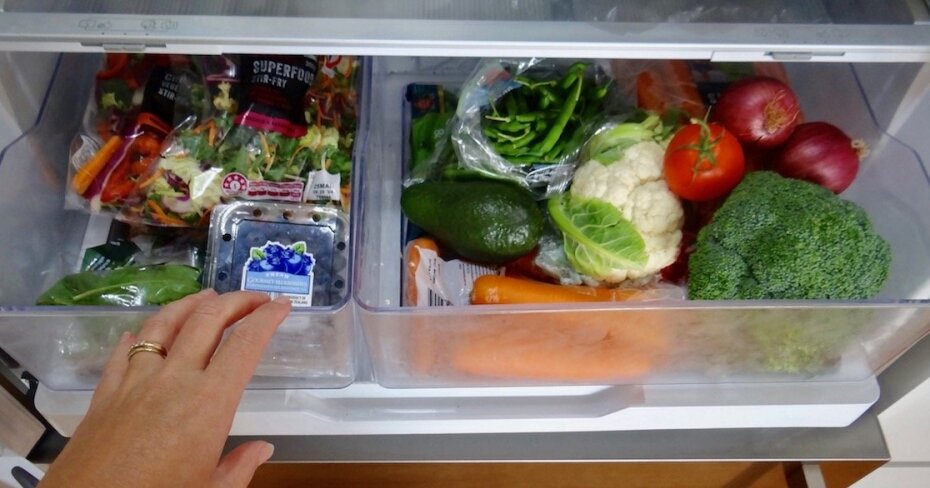10 surprising things you didn't know your home insurance covers
By: Alyssa Fischer on June 20, 2017
Home insurance claims are on the rise in Canada.
In the past decade, the Insurance Bureau of Canada points out that property claims as a percentage of all insurance claims have risen from 24.4% to 39.3%. A large part of that is due to the fact that in Canada, natural disasters like floods, drought and fires are growing more frequent and more intense.
As more and more Canadians are being forced to put in claims, they’re finding that their insurance doesn’t always cover everything. If a tree falls on your home, for instance, insurers can get out of paying for repairs if it’s found the tree was rotting and you neglected to take action.
That being said, when it comes time to make claims, many Canadians can be surprised by what their insurance actually covers. After all, reading insurance documents can be dull, and memorizing everything you have covered is near impossible.
So we pulled together 10 surprising things that your insurance can cover, based on items that fall under coverage from providers like Aviva, Economical Insurance, and The Co-operators.
1. Spoiled food
Say you’re at work and a power surge knocks out your fridge, leaving the food inside to spoil while you’re away. Chances are you can be reimbursed for losses for up to $500. Your mini fridge from college finally kicks the bucket?... Sorry, that’s not covered.
2. Rampaging animals
If a belligerent moose decides to trample your garden and knock down your fence, you can actually be reimbursed for the damage. Also, home insurance can cover you in the event your dog decides to bite a guest — and that guest sues you. But you have to inform your insurer you own the dog and have it on your property prior to that.
3. Meteors and airplanes crashing into your home
Home insurance is there to provide coverage against “perils.” Did you just google ‘define: peril’? Same. This section can cover unlikely events like meteors and aircraft damaging your home.
4. Mold
A recurring problem in several provinces, yet insurance policies can often only provide partial coverage, if any at all. Be sure to check out the difference between mold and mold due to water damage to know what you’re getting into.
5. Identity theft
Many policies guard against your personal property and will even pay out on multiple occasions for costs associated with identity theft. In the case of The Co-Operators, you can be reimbursed up to $10,000 ($25,000 for certain clients) for any legal fees or time away from work due to identity theft.
6. Dorm room theft
Even though your little one is all grown and off to college, your home insurance can likely still cover their/your belongings under something called “personal property off premises.”
7. Flooding — but you need to add it on
Yes, the classic case you hear about in the news — someone living beside a river or on a lakefront property watched as their home was flooded, only to realize when it came time to make a claim that their home insurance didn’t cover floods. But yes, home insurance has the option to add flood coverage. It’s just separate. Don’t forget to add it on if you live near water or are in a region prone to floods.
8. Lock replacement
Home insurance can cover the cost of replacing your home locks in the event your keys get stolen. Vehicles are covered also — as long as they’re on your property.
9. Trees and/or shrubbery
Outdoor trees, shrubs and plants are often covered for a certain percentage of the total building. Trees are generally only covered if damaged by fire, theft, lightning or vehicle crashes.
10. Gravestones
You read that right, gravestones and urns have coverage. And no, they don’t have to be on your property to be covered. Weather damage, theft, and vandalism are included. Home insurance can also covered funerary expenses of family.
Just because something is included on this list doesn’t mean that it is always covered. Every insurance company and policy varies, so please use this guide as reference and not as a guide to suit your individual insurance needs.
However, as the number of claims in Canada rise, knowing what can potentially be covered is important. You hope you never have to make a claim, but it's best to be prepared when you do.


